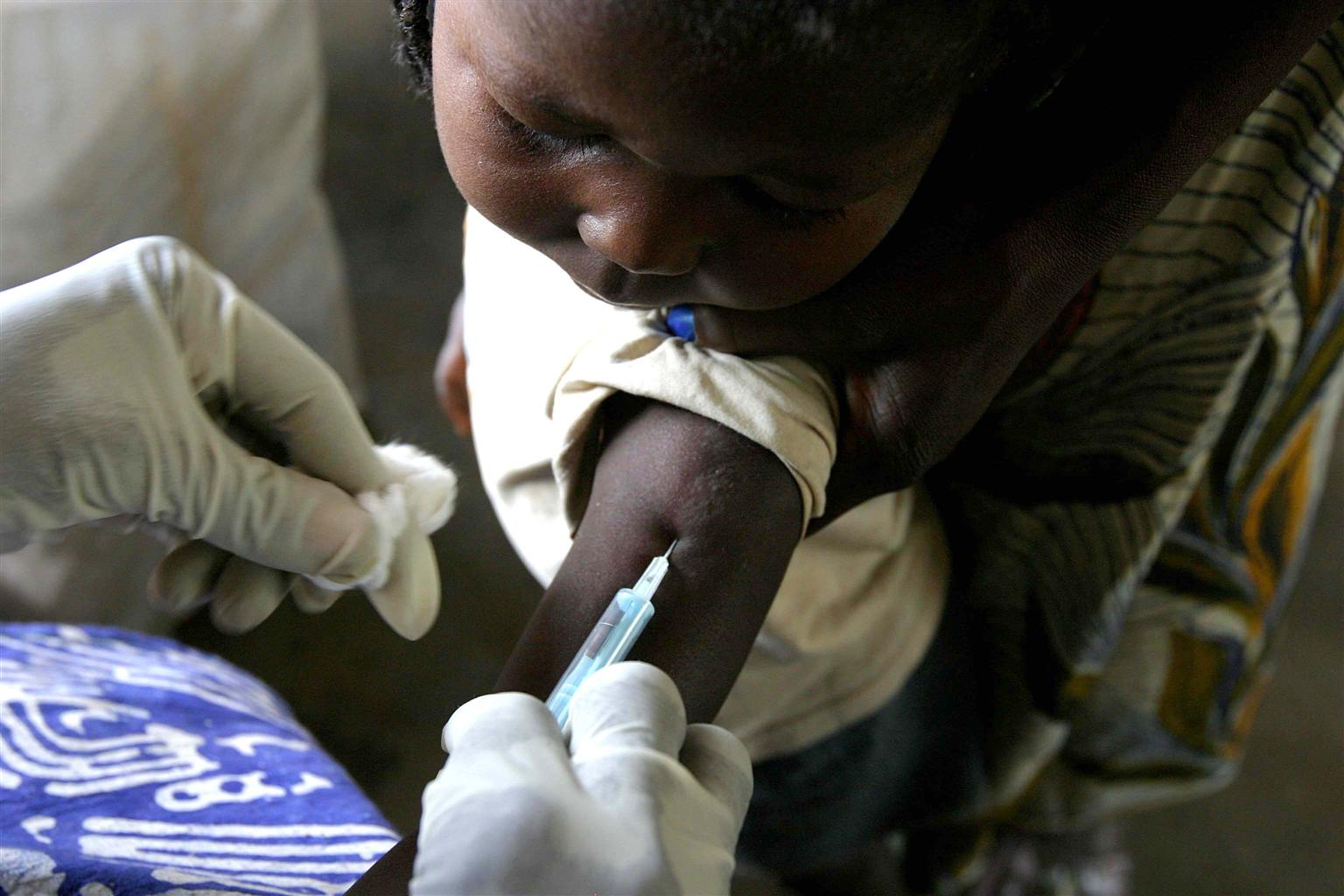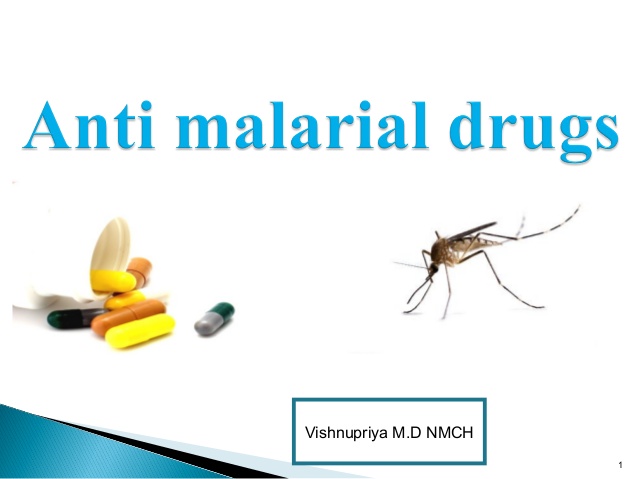
UNICEF Nigeria Supports FG To Combat Diphtheria, Urges Urgent Vaccination
The United Nations Children’s Fund (UNICEF) Nigeria, says it has deployed 9.3 million doses of diphtheria vaccines to affected states as support to the Federal Government to help combat the outbreak.
A statement issued on Wednesday in Abuja, by UNICEF’s Communication Assistant, Nchekwube Nwosu-Igbo, said that a crucial part of the support includes the procurement of vaccines to support the government’s response.
“So far, on behalf of the government, UNICEF has deployed 9.3 million doses of diphtheria vaccines to affected states including Kano, Bauchi, Borno, Yobe, Katsina, Kaduna and Jigawa.
“Of these, four million doses have been dispatched to Kano, the epicentre of the outbreak, another four million doses of vaccines are being procured and will be handed over to government in the coming weeks,” it said.
It also said that to respond effectively to the outbreak, UNICEF Nigeria needs to raise an additional 3.3 million U.S. dollars until the end of the year.
The organisation said that the outbreak is the most severe diphtheria outbreak in recent global history and that it was “sounding the alarm about the urgent need for widespread vaccination”.
It added that so far, the outbreak had resulted in over 11,500 suspected cases, more than 7,000 confirmed cases and claimed the lives of 453 people, mostly children.
It also said that most cases are children aged between four to 15 years who have not received even a single dose of the vital vaccine, laying bare the urgency of the vaccination situation in Nigeria.
UNICEF Representative, Dr Rownak Khan, was quoted in the statement as saying that “the devastating impact of this diphtheria outbreak is a grim reminder of the importance of vaccination.
“Nigeria is home to a staggering 2.2 million children who have not received even a single dose of vaccine, the second largest such cohort in the world.
“We must collectively take urgent actions to drastically reduce this number. Every child deserves protection from preventable diseases. This is not negotiable.”
The organisation, however, called on partners, stakeholders and the international community to rally together to ensure that every child in Nigeria is reached with life-saving vaccines.
It laid emphasis on the importance of strengthening routine immunisation, community engagement and health systems to avoid similar outbreaks in the future.
Diphtheria is caused by bacteria called Corynebacterium diphtheriae. The bacteria produces a toxin that causes severe damage to the respiratory system, heart, skin and other organs.
The disease, which has an incubation period of usually two to five days after exposure, can extend to 10 days in some cases.
According to an advisory by the Ministry of Health and Social Welfare, “everyone is at risk of getting infected with diphtheria, especially children under five years and adults above 60 years.
“Also, children who have not completed three doses of the Pentavalent vaccination, people living in crowded areas, people that practice poor personal hygiene and people living in areas with poor environmental hygiene and sanitary condition are also vulnerable.
“Additionally, people with weak immune system, people that travel to infected areas, people living in areas with poor access to health facility, people caring or having close contact with infected persons with diphtheria and healthcare workers in endemic areas are also at risk.”



